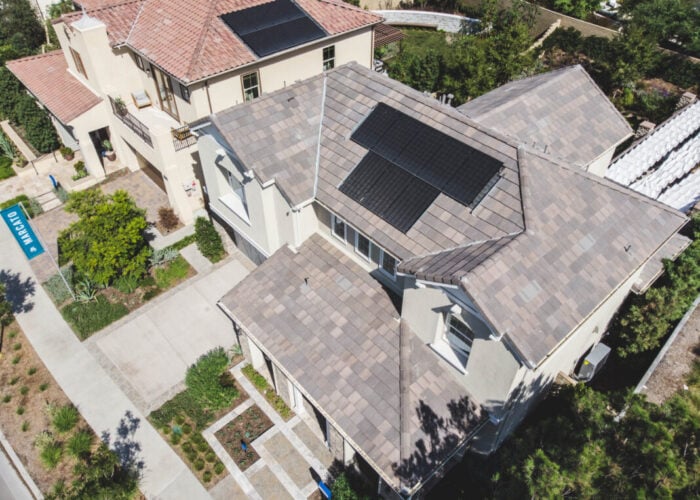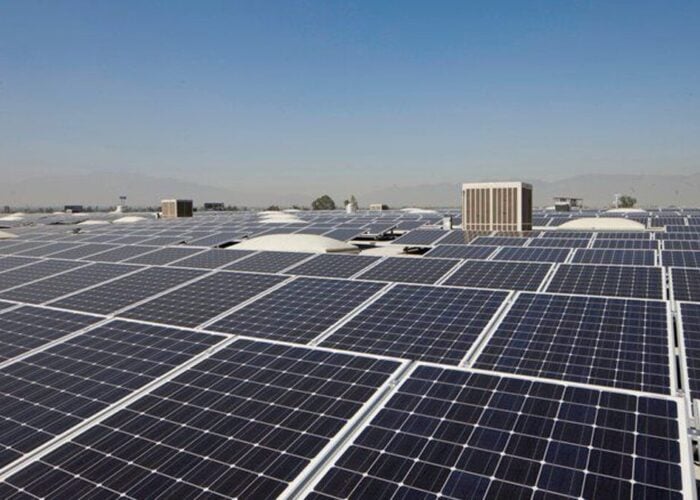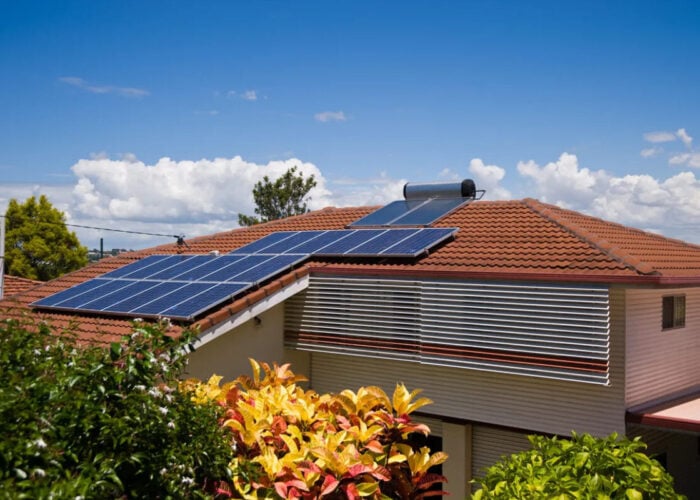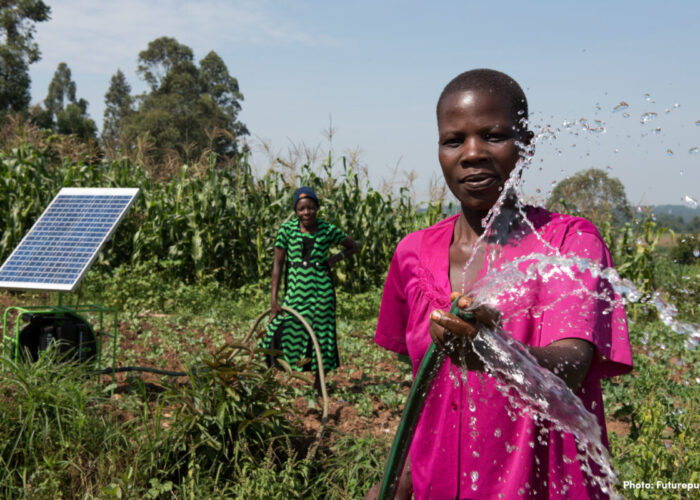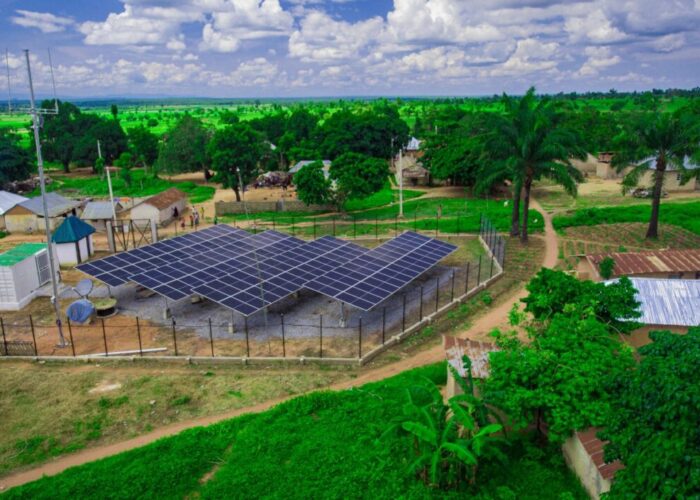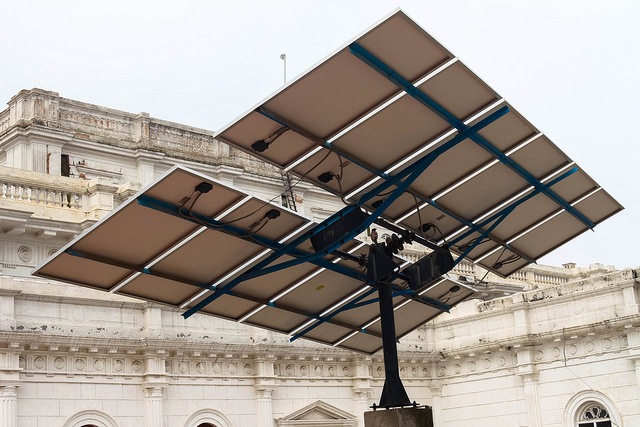
The government of Sindh in Pakistan has prepared a framework to address the potential environmental, resettlement, and social impacts associated with its major solar initiative, for which it is seeking World Bank funding.
The Sindh Solar Energy Program (SSEP), a pioneering scheme in Pakistan, aims to support solar deployment in the province across utility-scale, distributed generation and residential segments.
Unlock unlimited access for 12 whole months of distinctive global analysis
Photovoltaics International is now included.
- Regular insight and analysis of the industry’s biggest developments
- In-depth interviews with the industry’s leading figures
- Unlimited digital access to the PV Tech Power journal catalogue
- Unlimited digital access to the Photovoltaics International journal catalogue
- Access to more than 1,000 technical papers
- Discounts on Solar Media’s portfolio of events, in-person and virtual
Or continue reading this article for free
This includes up to 400MW of solar park capacity (50-200MW per park), starting with 50MW that will see the first tariff-based competitive auctions in Pakistan – the plans for which were announced last December. The Solar Park concept aims to help to reduce the risk profile for private sector developers by ensuring that land is secured, permits obtained, and power off-take is pre-arranged.
The first 50MW site near Manjhand, Jamshoro District, has already been identified with land secured, and the aim is to complete this pilot solar auction by the end of 2018, allowing the project to be operational by 2020. When first announced a formal procurement process was scheduled to take place in Q2 this year.
The progam also aims for 15MW of distributed PV on rooftops of public sector buildings and others in the cities of Karachi and Hyderabad as well as a target of bringing sola home systems to a quarter of a million households in areas of Sindh with poor access to electricity.
Electricity generated from distributed solar in Sindh is expected to have tariffs of around US$0.06-0.10/kWh, lower than the retail tariff charged by utilities.
The project is not entirely Sindh focused as the aim is to spur on other Pakistani provinces through example.
The new ‘Environmental and Social Management Framework’ (ESMF) released this week is in line with the national and provincial regulatory as well as World Bank (WB) safeguard requirements. While the location of most projects under the solar program are yet to be decided, the ESMF aims to identify generic environmental and social impacts of the projects.
The 209 page document details how to mitigate these impacts and details a Grievance Address Mechanism, consultations and a host of other processes. The main concerns for the three segments, which were all deemed 'low to moderate' in significance, were also laid out in detail.
Since PV Tech reported that Pakistan was just a solar power purchase agreement (PPA) signing away from emphatically breaching grid parity, another solar firm Siachen Energy has submitted a tariff petition for a 100MW solar project at Gharo, District Thatta, Sindh, with another tariff well below grid parity (US$6.2939), but the developer must now wait for the regulator to respond with its tariff determination.
EcoEnergy bags funding for off-grid solar in rural Pakistan
In separate news, EcoEnergy, a solar energy provider in Pakistan, has secured US$600,000 in debt finance to help it provide off-grid solar energy to 10,000 of the poorest rural households in the country.
EcoEnergy struck the deal with SIMA, a social investment advisor and manager backed by the Dutch and Belgian government development banks, AXA, MetLife, USAID and the pension fund of the Episcopalian and Lutheran churches.
EcoEnergy will use the capital to purchase products, technology and services from UK-based BBOXX, a next generation utility company that is highly active in off-grid services in Africa among other destinations. BBOXXX will provide its cloud-based task management software, Pulse. EcoEnergy will then scale up its operations and extend distribution of smart solar home systems across the country, having been constrained until now by a lack of access to working capital.

